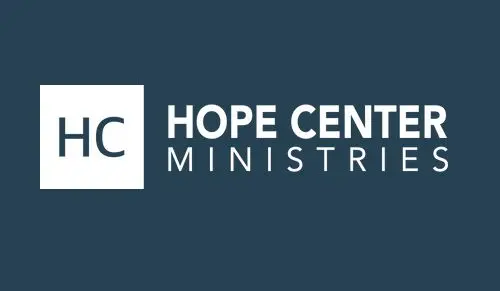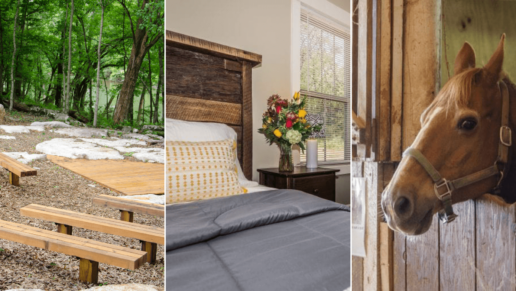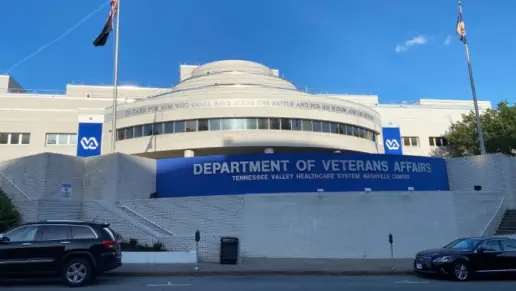Very disappointed in this place. They do a great job selling you on it over the phone but it is nothing like the website says. Way too much free time and the family program is terrible.
About Pasadena Villa Psychiatric Residential Treatment Centers Smoky Mountain Lodge
Pasadena Villa - Smoky Mountain Lodge is a residential treatment center for adults over 18. It’s located in the Smoky Mountains in Sevierville, Tennessee. The facility emphasizes treating psychiatric conditions and treats substance use as a co-occurring disorder.
The facility is accredited through the Joint Commission and is also PsychArmor Certified as a Veteran Ready Healthcare Organization. They also work with autistic adults. They’re in-network with many major health insurers.
The Lodge offers residential treatment, a partial hospitalization program (PHP), and an intensive outpatient program (IOP). The residential treatment program is an inpatient program with staff available 24/7. The staff uses the Social Integration Model of treatment. This consists of putting patients in constant real life situations so they can intervene quickly when necessary.
You’ll have an opportunity to volunteer or even have employment while getting treatment. The primary therapy is group therapy, but you’ll also have individual therapy. They offer many other different types of therapy, too, such as traditional cognitive behavioral therapy (CBT), dialectical behavior therapy (DBT), and acceptance and commitment therapy (ACT). You’ll also participate in experiential and family therapy. There’s an animal assisted therapy program as well.
There’s an emphasis on fresh, high quality, nutritious food because nutrition has a direct impact on health and wellbeing. Meals are also used as a time to build community.
The PHP is also a structured intensive treatment program, but you can live at home or in their onsite housing which is gender specific. You’ll have therapy and treatment seven days a week, but you’ll have more space to deal with personal responsibilities. After finishing the PHP, you can transition to the IOP which offers even more independence but still offers a level of support.
Former clients called the views “stunning” and mentioned that the facility was beautiful and clean and the food was amazing. Several clients cited the “amazing” staff and “wonderful” therapists.
Latest Reviews
Gallery
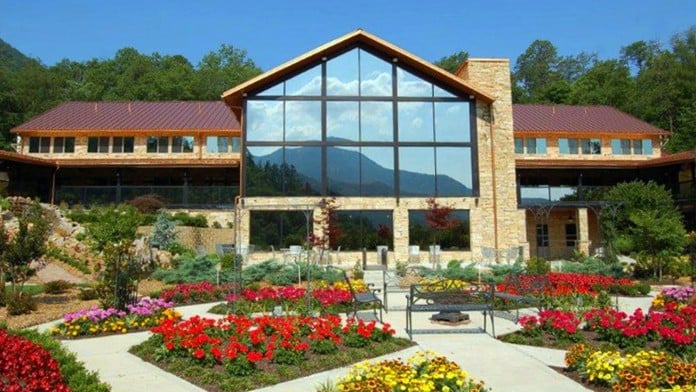
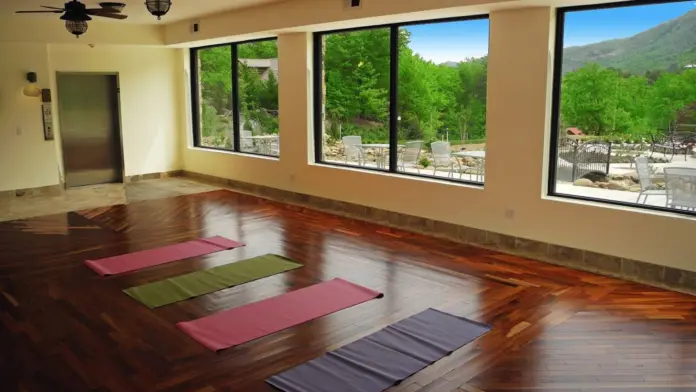

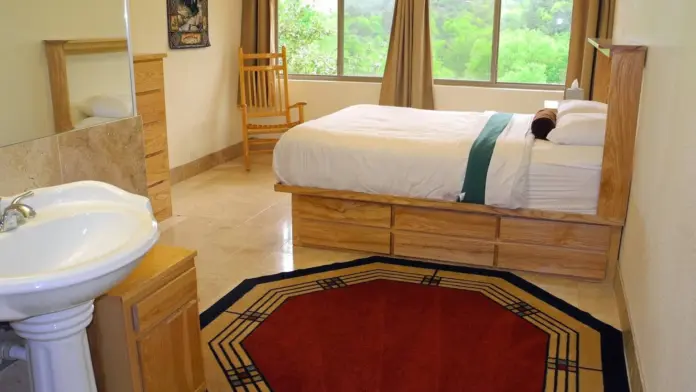

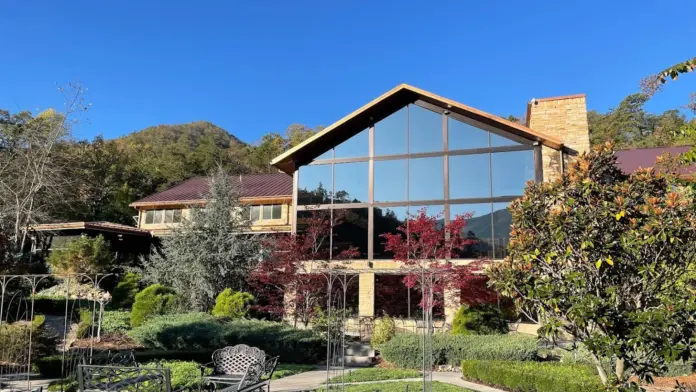
Location
Accepted Insurance
Other Forms of Payment
Self-pay involves paying for treatment out of your own pocket. You can use savings or credit, get a personal loan, or receive help from family and friends to fund your treatment. If you don't have insurance or your insurance plan doesn't cover a specific program, self-pay can help ensure you still get the care you need.
Private insurance refers to any kind of healthcare coverage that isn't from the state or federal government. This includes individual and family plans offered by an employer or purchased from the Insurance Marketplace. Every plan will have different requirements and out of pocket costs so be sure to get the full details before you start treatment.
Addiction Treatments
Levels of Care
Treatments
Many of those suffering from addiction also suffer from mental or emotional illnesses like schizophrenia, bipolar disorder, depression, or anxiety disorders. Rehab and other substance abuse facilities treating those with a dual diagnosis or co-occurring disorder administer psychiatric treatment to address the person's mental health issue in addition to drug and alcohol rehabilitation.
Mental Health Treatment Centers focus on helping individuals recover from mental illnesses like bipolar disorder, clinical depression, anxiety disorders, schizophrenia, and more. Mental health professionals at these facilities are trained to understand and treat mental health issues, both in individual and group settings.
Programs




Clinical Services
A Therapeutic Group that educates residents on how to recognize ways in which their thoughts and feelings affect their behaviors. Participants also learn specific techniques and engage in role play activities to solidify their knowledge and practice of said techniques.
Dialectical Behavior Therapy (DBT) is a modified form of Cognitive Behavioral Therapy (CBT), a treatment designed to help people understand and ultimately affect the relationship between their thoughts, feelings, and behaviors. DBT is often used for individuals who struggle with self-harm behaviors, such as self-mutilation (cutting) and suicidal thoughts, urges, or attempts. It has been proven clinically effective for those who struggle with out-of-control emotions and mental health illnesses like Borderline Personality Disorder.
Equine therapy, aka equine-assisted therapy (EAT), is a form of experiential therapy that involves interactions and activities with horses. It does not necessarily involve riding horses, but all activities related to horses, such as feeding, grooming, haltering and leading them. A mental health professional frequently oversees the activities (often in conjunction with a horse professional), and helps patients process their thoughts, feelings, and behavior patterns during and/or after the interaction.
Group therapy is any therapeutic work that happens in a group (not one-on-one). There are a number of different group therapy modalities, including support groups, experiential therapy, psycho-education, and more. Group therapy involves treatment as well as processing interaction between group members.
In individual therapy, a patient meets one-on-one with a trained psychologist or counselor. Therapy is a pivotal part of effective substance abuse treatment, as it often covers root causes of addiction, including challenges faced by the patient in their social, family, and work/school life.
Trauma therapy addresses traumatic incidents from a client's past that are likely affecting their present-day experience. Trauma is often one of the primary triggers and potential causes of addiction, and can stem from child sexual abuse, domestic violence, having a parent with a mental illness, losing one or both parents at a young age, teenage or adult sexual assault, or any number of other factors. The purpose of trauma therapy is to allow a patient to process trauma and move through and past it, with the help of trained and compassionate mental health professionals.
A therapeutic group that addresses family relationships and promotes positive, healthy communication. Group discussions include family conflict and problem-solving, codependency, family roles, and healthy boundaries. Group members can identify and process feelings about family dysfunction and issues of grief and loss..
Life skills trainings involve all the skills a person must have in order to function successfully in the world. These include time management, career guidance, money management, and effective communication. Truly successful addiction recovery is based on the ability to not only live substance-free, but to thrive. Life skills teaches the practical necessities of functioning in society, which sets clients up for success in life, and therefore sobriety.
Recreational therapy supports addiction recovery by giving you structured activities that promote physical and mental health. These help build a supportive network of your peers that promotes sobriety. Activities can include sports, creative arts, and outdoor adventures that help you reduce cravings, manage stress, and give you an emotional outlet.
Amenities
-
Recreation Room
-
Residential Setting
-
Private Rooms
-
Music Room
-
Mountain Views
Accreditations

The Joint Commission, formerly known as JCAHO, is a nonprofit organization that accredits rehab organizations and programs. Founded in 1951, the Joint Commision's mission is to improve the quality of patient care and demonstrating the quality of patient care.
Joint Commission Accreditation: Yes
Contact Information
3889 Wonderland Lane
Sevierville TN, 37862





